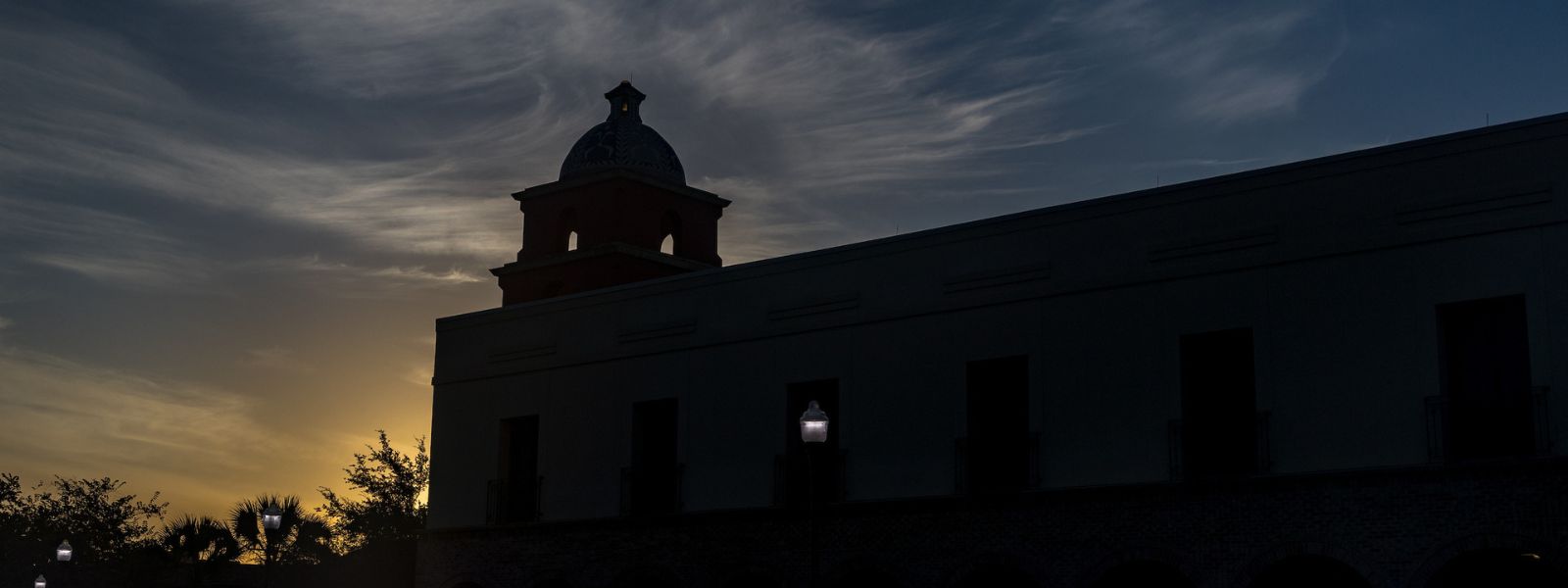
Sociology Faculty Publications
The Catholic Church and Mexican American Social Mobility in the Postwar Midwest: Evidence from Life and Family Histories
Document Type
Article
Publication Date
4-25-2017
Abstract
Religious affiliation has long been recognized as a relevant factor among the variables that intervene in the integration of immigrants to American society. While previous generations of many predominantly Roman Catholic ethnic groups are thought to have been helped along their way to assimilation by strong institutional support from American Catholic church institutions, Latinos, and in particular Mexican Americans, are considered an exception. This study examines the role that inclusion in Catholic institutions played in the social mobility experienced by multigenerational families of Mexican immigrant origin in the Midwest during the decades between 1945 and 1975. The analysis of life and family histories collected from in-depth interviews with older second- and third-generation Mexican Americans illustrates how integration into urban Catholic institutions and communities was instrumental in the upward social mobility observed in many of their family trajectories during the postwar decades. In particular, access to parochial schools and other institutions in the Catholic educational system once provided the children and grandchildren of Mexican immigrants the forms of human and social capital that allowed many in that generation to attain social mobility.
Recommended Citation
Ruiz, B., Guerra, R. S., Lomeli, A. S., Longoria, R. R., & Ulibarrí, B. J. (2018). The Catholic Church and Mexican American Social Mobility in the Postwar Midwest: Evidence from Life and Family Histories. Social Currents, 5(1), 32-48. https://doi.org/10.1177/2329496517704870
Publication Title
Social Currents
DOI
10.1177/2329496517704870


Comments
© The Southern Sociological Society 2017.